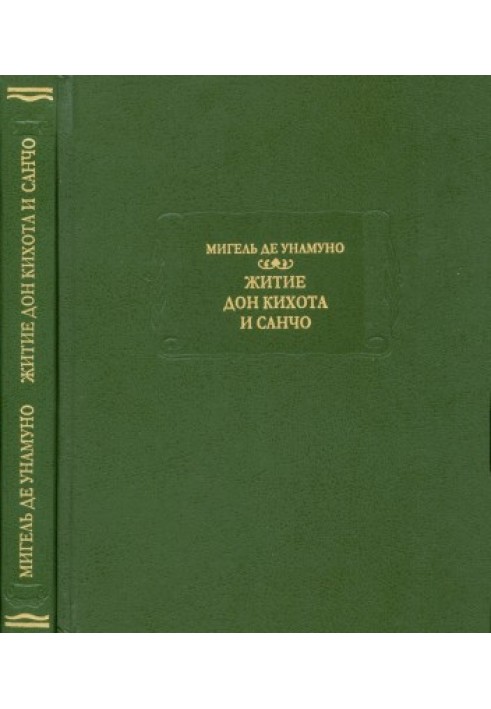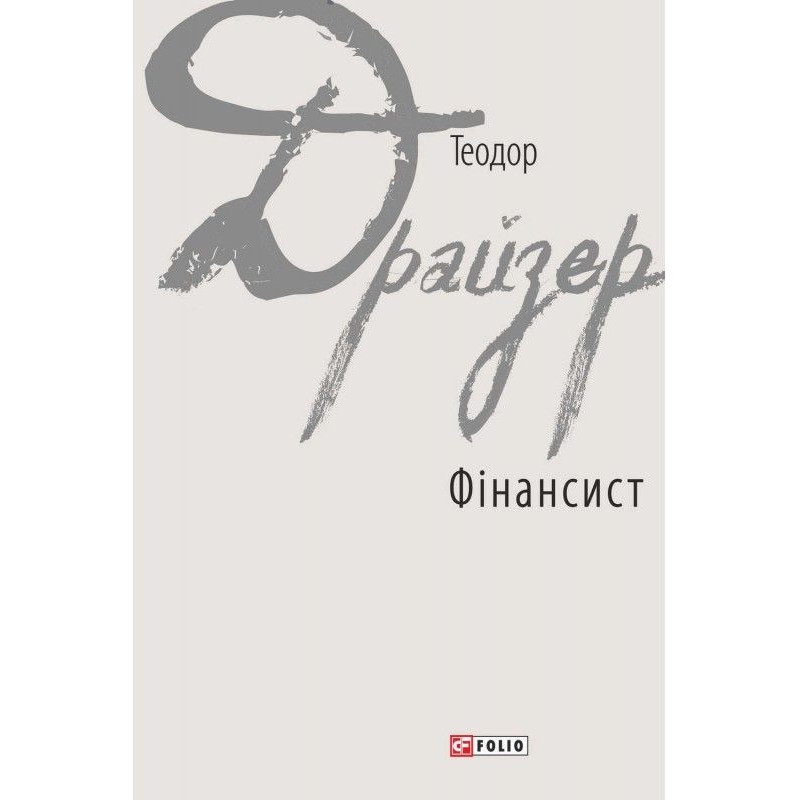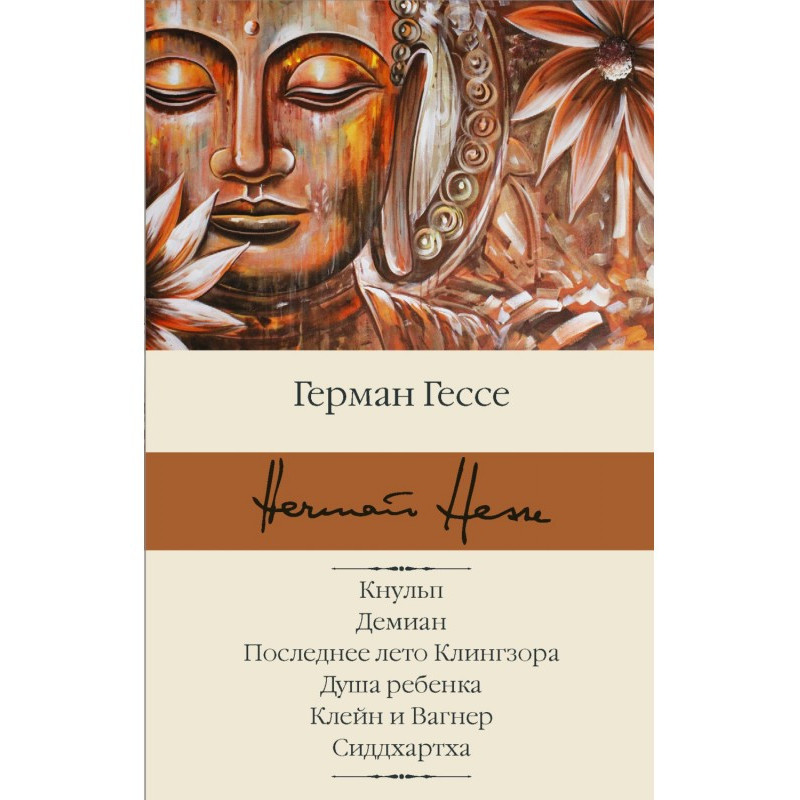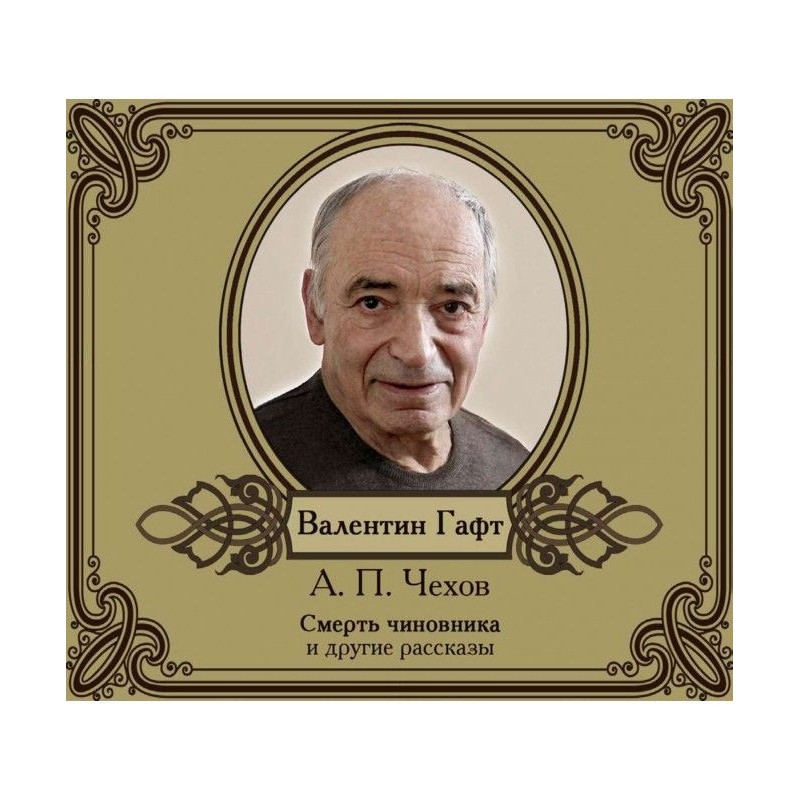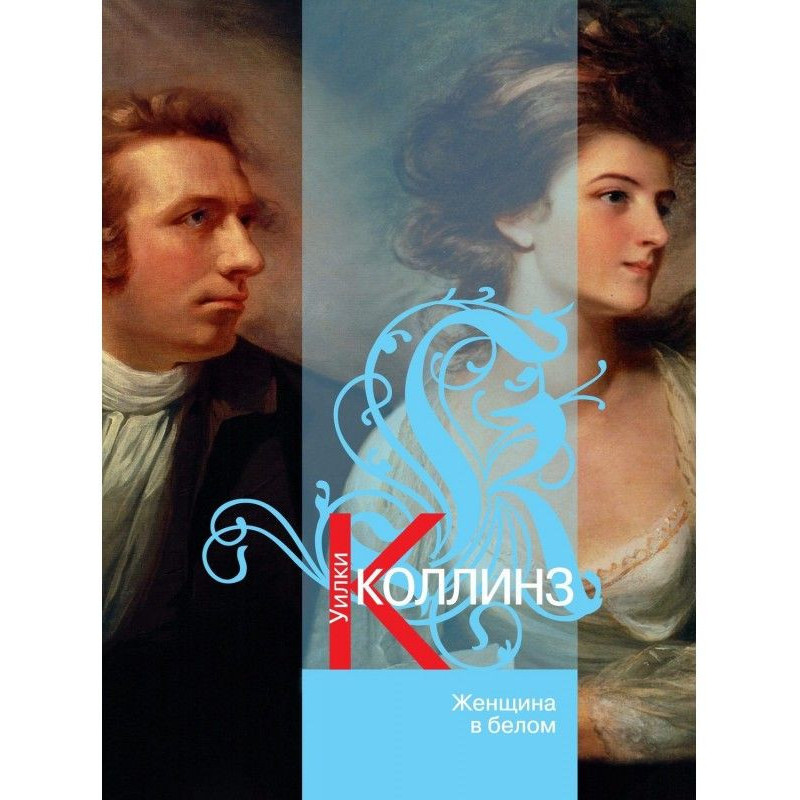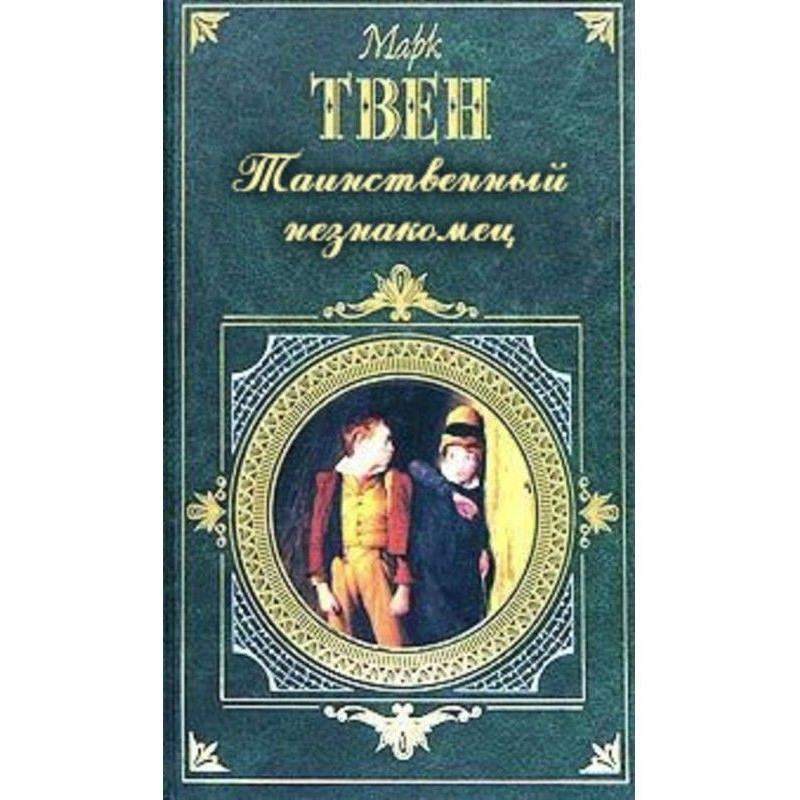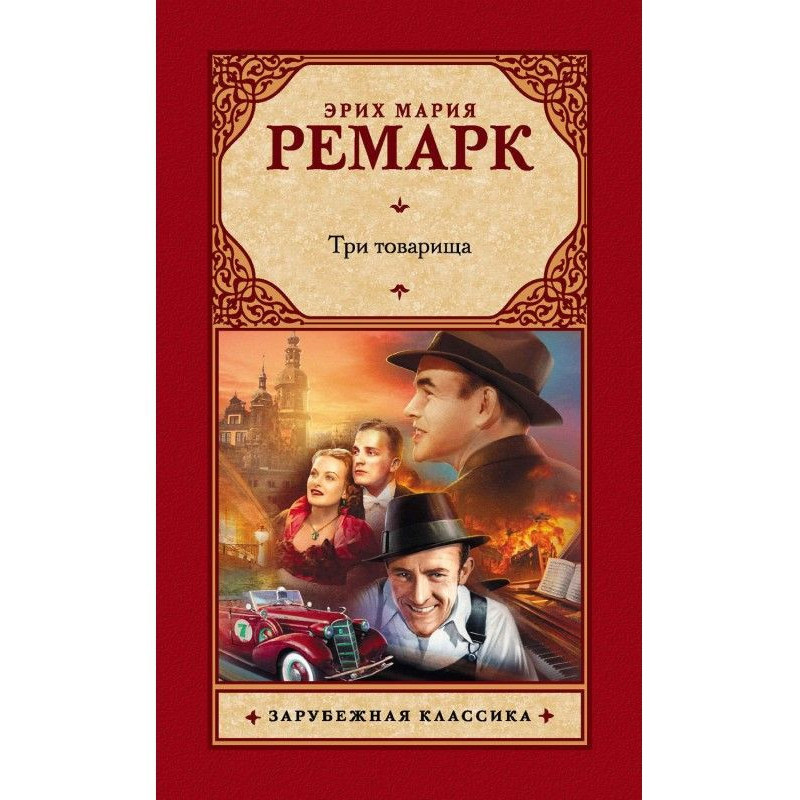The Life of Don Quixote and Sancho by Miguel de Cervantes Saavedra, explained and commented by Miguel de Unamuno
 Instant download
Instant download
after payment (24/7)
 Wide range of formats
Wide range of formats
(for all gadgets)
 Full book
Full book
(including for Apple and Android)
Don Quixote's traits can be found in many characters in world literature (Mr. Pickwick, Chichikov, Tartarin, Prince Myshkin, Emma Bovary, Tom Sawyer, etc.); philosophical and journalistic interpretations of the hero of the novel by Cervantes were created in different European countries, but only in Spain, in his homeland, was he conceptualized as a national myth, like the Spanish Christ, who tirelessly preaches his teachings, finds an apostle - Sancho Panza and endures passions - cruel jokes ducal couple. This is exactly how Don Quixote is perceived by the outstanding writer, poet and thinker Miguel de Unamuno (1864-1936), the brightest personality in Spain in the first third of the 20th century, the spiritual leader of the “generation of ’98”, author of “The Life of Don Quixote and Sancho”, a unique work not having analogues in the history of literature and literary criticism. For him, “Quixotism” is the true Spanish national religion, and Cervantes’s novel is the Bible of humanity. Unamuno wrote: “The greatness of Don Quixote is that he was ridiculed and defeated, for, being defeated, he was a winner: he ruled the world, allowing it to laugh at himself.” This book is not only about the heroes of Cervantes, not only about the Spain of Don Quixote of La Mancha and Don Miguel de Unamuno; today, almost a hundred years after its publication, it is perceived, first of all, as a passionate appeal of its author to readers: long live Don Quixote! may he live in the soul of each of us! CONTENTS: The Life of Don Quixote and Sancho according to Miguel de Cervantes Saavedra, explained and commented by Miguel de Unamuno (5). Author's preface to the second edition (translation by A.M. Koss) (5). Author's Preface to the third edition (translation by A.M. Koss) (7). Author's Preface to the fourth edition (translation by A.M. Koss) (9). (Prologue to the second edition). The path to the tomb of Don Quixote (translation by P.A. Glazova) (10). Part one (translation by A.M. Koss) (21). Part two (translation by A.M. Koss (chapters I-XLIV) and S.P. Nikolaeva) (114).ADDITIONSI. Unamuno's essay on Don Quixote (229). The Knight of the Sad Image (translation by S.P. Nikolaeva) (229). Death to Don Quixote! (translation by K.S. Korkonosenko) (244). Glosses to “Don Quixote”: The basis of Quixote (translation by A.Yu. Mirolyubova) (248). Glosses to “Don Quixote”: The reason for Quixote (translation by A.Yu. Mirolyubova) (252). About reading and interpretation of “Don Quixote” (translation by S.P. Nikolaeva) (256). About erudition and criticism (translation by V.G. Reznik) (268). “Don Quixote” for children (translation by S. P. Nikolaeva) (283). Bliss Don Quixote (translation by A.Yu. Mirolyubova) (287). Childhood of Don Quixote (translation by S.P. Nikolaeva) (289). “In one village of La Mancha...” (translation by S.P. Nikolaeva) (292). II . Unamuno's poems about Don Quixote (295). Blood of the soul (translation by S.F. Goncharenko) (295). Under this tree in the shade... (translation by K. S. Korkonosenko) (296). My Lord Don Quixote, I am the breast people... (translation by V.E. Bagno) (297).The words with which Quevedo wrote... (translation by K.S. Korkonosenko) (298).Red from the blood shed by Cain... (translation by V.N .Andreeva) (299).My Cervantes, gentle phantom... (translation by A.M.Koss) (300).There, in Fuerteventura... (translation by V.N.Andreev) (301).In one village of La Mancha ... (translation by A.M. Koss) (302). Truly thanks to you... (translation by V.N. Andreev) (303). And that man was extremely thin... (translation by V.N. Andreev) (304).Open up to me, O people’s system speeches... (translation by V.N. Mikhailov) (305). My homeland (translation by V.N. Andreev) (306). III. The image of Don Quixote by Angel Ganivet (307). From the book “Spanish Ideology” (translation by K.S. Korkonosenko) (307). From the book “The Future of Spain” (translation by K.S. Korkonosenko) (309). APPENDICES.S. Korkonosenko. Quixoticism - the individual religion of Miguel de Unamuno (313). Notes (compiled by K.S. Korkonosenko) (333).
Data sheet
- Name of the Author
- Мигель Унамуно де
- Language
- Ukrainian
- Release date
- 2002
- Translator
- Александра Марковна Косс
Reviews
Неперевершене осмислення класики
Книга "Житіє Дон Кіхота і Санчо" є справжнім шедевром, що поєднує в собі глибокі філософські роздуми та коментарі Мігеля де Унамуно до знаменитого твору Сервантеса. Унамуно вміло аналізує образ Дон Кіхота, представляючи його не лише як комічного героя, але й як символ боротьби за ідеали, які можуть здаватися недосяжними. Ця книга відкриває нові горизонти в розумінні "кіготизму" як національної релігії Іспанії, що підкреслює важливість мрії та боротьби за справедливість у сучасному світі. Читачі зможуть відчути глибину думок автора, його пристрасть до літератури та вміння порушувати складні питання про людську природу, віру і надію. Ця книга стане не лише чудовим доповненням до бібліотеки, а й джерелом натхнення для всіх, хто прагне зрозуміти себе та світ навколо. Рекомендую всім, хто цінує глибокі літературні дослідження та класичну літературу!

